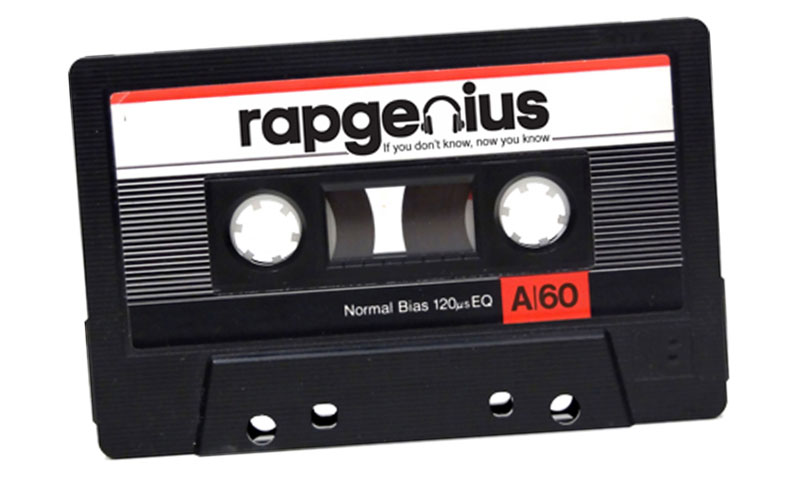
Lunchtime Links: Rap Genius, Annotated
A well-funded music startup targeted by the National Music Publishers' Association earlier this week says that it has at least one licensing deal in the can. Also: A retraction 150 years in the making.
A well-funded music startup targeted by the National Music Publishers’ Association earlier this week says that it has at least one licensing deal in the can. Also: A retraction 150 years in the making.
Did Rap Genius get a bad rap?
While a music-publishing association’s recent report suggested that the high-flying startup (known for allowing users to annotate lyrics to songs, especially rap lyrics) was publishing lyrics without licenses, new information from the company suggests that it’s working to do right by music publishers.
A startup makes a little noise, and more, in today’s Lunchtime Links:
A Rap Genius rebuttal: Earlier this week, Associations Now reported on the National Music Publishers’ Association’s takedown efforts against a number of music lyrics sites—efforts led by alternative rock star and University of Georgia lecturer David Lowery. But new information from the company shines a fresh light on Lowery’s report, which made the startup Rap Genius its main target. On Thursday, the company revealed to Billboard that it actually already had—but had yet to announce—a licensing deal with Sony/ATV Music Publishing. The publishing firm controls the rights to more than 2 million songs, including the catalogs of The Beatles and of Michael Jackson, whose estate owns a major stake in the company. As for its remaining content, Rap Genius tells The New York Times that it plans to strike deals with other publishers in the future.
Never be too proud to change course: Exactly 150 years ago this week, a Pennsylvania newspaper, The Harrisburg Patriot & Union, called out a sitting president for making silly remarks in a recent speech. This week, the modern form of that newspaper, The Patriot-News, has retracted its 1863 editorial about The Gettysburg Address, a two-minute address that’s now considered the most important speech President Abraham Lincoln ever made. The speech, which you probably have read by now, spoke to the country’s basic equality rights and the need for the union to survive in the midst of a civil war. “The world will little note nor long remember our emendation of this institution’s record — but we must do as conscience demands,” the paper’s editorial board wrote in a statement retracting the infamous commentary. The lesson for you, as associations: Sometimes, dynamics change, and a sign of effective leadership is the ability to adapt with the times. Any decisions under your belt that you’d like to reconsider?
Write blurby: The internet is a different beast from the world of print, and we have to start writing for it in ways that actually match our audience—you need to chunk it up a little bit. That’s what Mission India’s Laurel Dykema, a guest writer for Kivi’s Nonprofit Communications Blog, argues. In her piece, she recommends that content writers focus on short articles, broken-down blurbs, lots of white space, and varying article lengths. “[I]f you want to engage today’s faster-than-a-cheetah-runs readers with content longer than a 140-character tweet, here’s what you need to do: create ‘skimmable’ content,” she writes. (Author’s disclosure: Check out my articles, and you’ll see that I already follow much of Dykema’s advice. The evidence: Right now, you’re reading a blurb.)
What’s on your reading list today? Tell us in the comments.
(Rap Genius press photo)






Comments